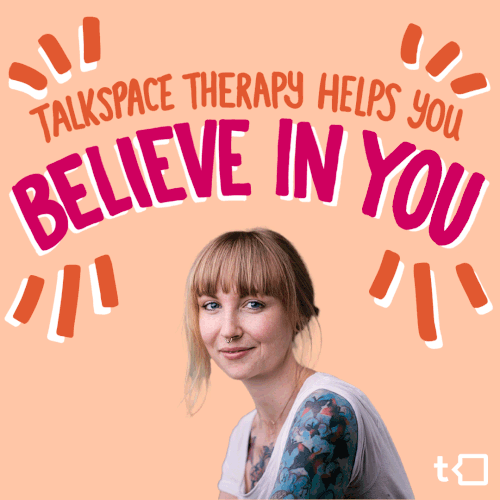Is good health about running a half marathon — or simply being able to get out of bed when the alarm rings? For some, wellness means pushing physical limits. For others, it’s about having the strength to face each day with calm and balance.
In reality, true health isn’t one-size-fits-all. Instead, it’s deeply personal — shaped by your goals, habits, and what makes life feel meaningful to you.
By taking time to reflect on what matters most in different areas of your life, you may uncover surprising insights. Perhaps certain areas you’ve overlooked are actually thriving, or you might see that small changes could make a big difference in how you feel.
A “Happiness Book” for Mindful Awareness
A simple way to stay connected with what brings you joy is to keep a happiness journal.
Each day, write down a few things that made you smile, moments that inspired you, or anything positive that happened.
When life feels heavy, look back through your notes. It can help you reconnect with the emotions you felt in those moments. A gentle reminder that your life contains many good days and meaningful moments.
A happiness journal isn’t about toxic positivity; rather, it’s about awareness. It helps you shift your focus from what’s missing to what’s present — from scarcity to gratitude.
Over time, by consciously recording what feels right in your life, you begin to strengthen those areas and create a more balanced mindset.
If you’d rather type than write, there are some beautiful apps that capture the same energy as a “Happiness Book.” They let you pause, reflect, and notice the small things that make life feel whole — even on the busy days.

That quiet space where awareness replaces noise, and you remind yourself:
you’re already living moments worth remembering.
- Happyfeed: The Pocket-Sized Happiness Jar: Each day, you jot down a few moments that made you smile — a conversation, a sunset, a meal that lifted your mood. The app then gently stores those memories, resurfacing them later when you need a quiet reminder of how much goodness you’ve already lived
- Reflectly: Journaling With Gentle Prompts: If you enjoy a more guided experience, Reflectly acts like a mindful companion. It uses thoughtful prompts and reflections to help you explore your day — not just what happened, but how it felt. Over time, Reflectly builds a subtle map of your moods and emotions, helping you see patterns of growth and resilience.
Why Happiness Matters
Most of us want to feel happy — and with good reason. In fact, research shows that emotional well-being may do more than lift our mood.
Several studies suggest that positive emotions can change brain activity, lower blood pressure, and support a healthy immune and cardiovascular system.
As a result, people who experience greater life satisfaction often live longer, healthier lives.
Happiness doesn’t mean being cheerful all the time; instead, it’s about cultivating positive experiences and emotional balance that nourish both body and mind.
The Psychology of Happiness
Clinical psychologist Krisztina Lurås, reminds us that happiness is not a constant state but a momentary spark.
Our emotional highs are often short-lived and need to be renewed
Clinical psychologist Krisztina Lurås
Therefore, the constant chase for happiness can sometimes lead to frustration, exhaustion, and emotional strain.
Psychologists call this hedonic adaptation — our tendency to quickly adjust to new, improved circumstances.
That new job, home, or dress might bring joy at first, but before long, the excitement fades as the mind returns to its baseline.
And that’s okay.
It’s perfectly normal not to feel happy all the time. In fact, allowing space for life’s quieter, less joyful moments can make happiness feel more authentic when it appears.
Finding Your Own Balance
Ultimately, happiness and health begin with awareness.
It’s about noticing what’s good, accepting what’s difficult, and giving yourself permission to define well-being in your own way.
Sometimes, health means running a marathon.
Other times, it simply means waking up and meeting the day as it is — one breath, one step, one moment at a time.
FAQ’s
What’s the difference between happiness and well-being?
Happiness often refers to temporary positive emotions, while well-being is a broader state that includes emotional balance, purpose, and overall life satisfaction.
How can I improve my emotional health?
Simple daily habits such as journaling, mindfulness, regular movement, and staying connected with others can significantly improve mental and emotional health.
Why do I stop feeling happy after good things happen?
This is called hedonic adaptation. We quickly adjust to positive changes and return to our emotional baseline. Awareness of this helps us appreciate joy as it comes.
Is it okay to feel unhappy sometimes?
Yes — feeling low or unmotivated is a natural part of being human. Accepting those emotions with compassion is key to genuine emotional resilience.
Explore More From TextTherapy
- What Does Good Mental and Physical Health Mean to You?
- Soula Care — Stress Less, Live More
- Protecting Young Minds — Endless Scrolling
- Mavida — Mental Wellness for Pregnancy & Beyond
- Feeling Lonely? Meet Meeno — The AI That Talks Back
- Online Personality Tests Are Everywhere — But This One Actually Means Something
- The Good Girl with ADHD…
Or learn the basics in our guide:
What Is Text Therapy?














